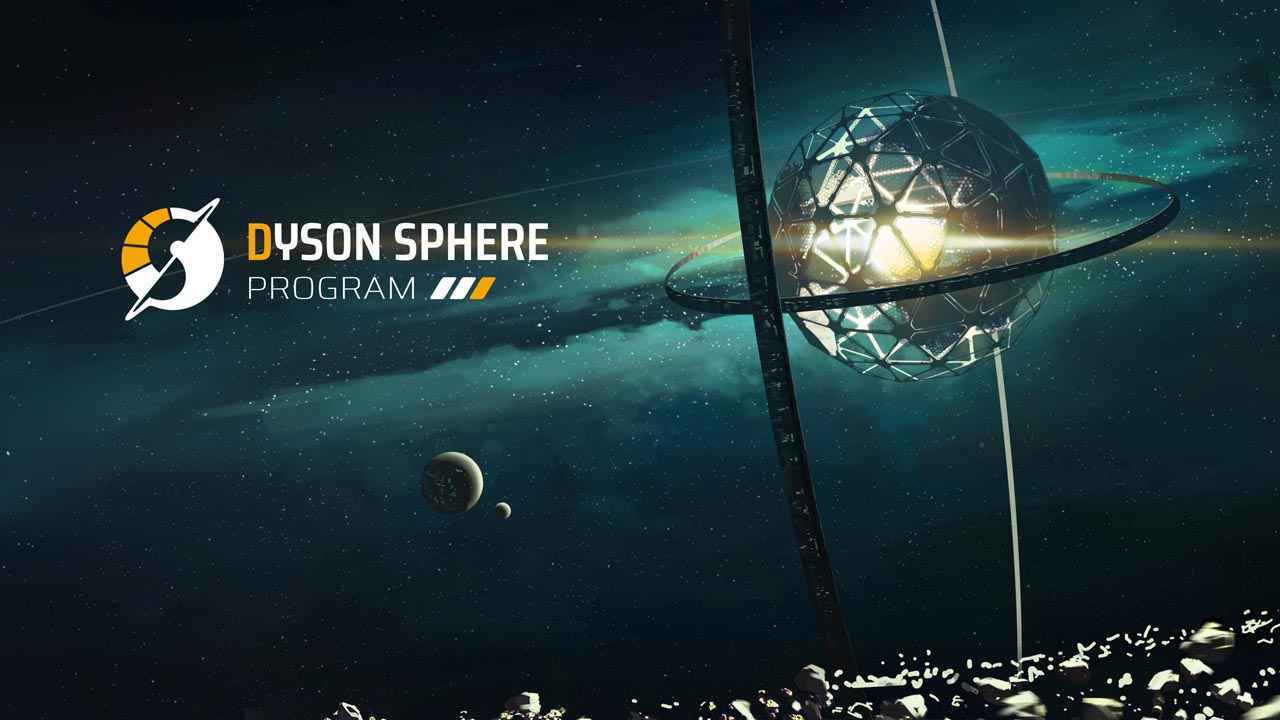In a world filled with diverse individuals, navigating opposite personality traits can be a challenging yet rewarding journey. Whether you find yourself collaborating with colleagues in a remote work setting or simply interacting with friends and loved ones, understanding and embracing contrasting personalities can lead to powerful outcomes.
By harnessing the power of personality assessments as a springboard for personal growth, we can transform differences into strengths. From aligning personality styles with job roles to developing effective strategies for navigating opposing traits in neurotic individuals, this exploration promises to unlock a world of potential.
Join us as we embark on a quest to uncover the hidden treasures that lie within the realm of human personalities.
Effort Needed For Better Collaboration In Remote Work Setting
In today’s modern work environment, collaboration is crucial for success. However, when working remotely, it can be even more challenging to navigate opposite personality traits and turn them into strengths.
Remote work requires individuals to communicate effectively and collaborate with colleagues who may have different personalities. Building strong working relationships in a remote setting takes effort and a proactive approach.
Here are some key considerations for better collaboration in a remote work setting:
- Recognize the importance of communication: Communication is the cornerstone of effective collaboration, especially in a remote work setting. It’s essential to establish clear and open lines of communication with colleagues who have opposite personality traits.
Regular check-ins, video conferences, and virtual collaboration tools can help bridge the gap and ensure that everyone is on the same page.
- Foster a sense of trust and mutual respect: Trust and respect are the foundation of any successful team. Despite the physical distance, it’s crucial to create an environment where everyone feels valued and heard.
Encouraging open dialogue, active listening, and providing constructive feedback can help foster trust and mutual respect among team members.
- Embrace flexibility and adaptability: Remote work often requires individuals to be flexible and adaptable. It’s important to recognize that everyone has different work styles and preferences.
Being willing to accommodate and adapt to different working preferences can help cultivate a more inclusive and collaborative work environment.
- Nurture relationships and social connections: Building strong relationships and social connections with colleagues in a remote work setting is critical. Take the time to schedule virtual team-building activities, celebrate milestones, and engage in non-work-related conversations.
By nurturing these relationships, team members with opposite personality traits can develop a deeper understanding and appreciation for one another.
Personality Tests Helpful For Understanding Oneself And Others
Personality tests, such as the Enneagram, DiSC, and Myers Briggs, can be valuable tools for gaining insight into oneself and understanding others’ personality traits. These tests provide a framework for understanding the different ways people perceive and interact with the world.
Here’s how personality tests can help in the context of collaboration:
-
Self-awareness: Personality tests help individuals gain self-awareness by identifying their strengths, weaknesses, and preferred communication styles. This self-awareness allows individuals to better understand how their personality traits may impact their interactions with others.
-
Understanding others: Personality tests also provide a framework for understanding others. By knowing someone’s personality type, individuals can tailor their communication and collaboration approaches to better align with the preferences and strengths of their colleagues.
-
Enhancing communication: Personality tests can give insight into how individuals process information and communicate. By understanding the communication style of someone with opposite personality traits, individuals can adjust their communication approach to ensure effective and productive interactions.
-
Building empathy and compassion: Personality tests can foster empathy and compassion by shedding light on why people may have different perspectives or behaviors. This understanding builds the foundation for more empathetic and collaborative relationships.
It’s important to note that personality tests should not be used as labels or excuses for bad behavior. Instead, they should serve as starting points for self-improvement and understanding others.
Understanding Strengths, Weaknesses, And Communication Style
To navigate opposite personality traits and turn them into strengths, it’s essential to have a deep understanding of one’s own strengths, weaknesses, and communication style. Here are some key considerations:
-
Identifying strengths: Take the time to reflect on your unique strengths and how they contribute to the team. Understanding your strengths allows you to harness them fully and leverage them for better collaboration.
-
Acknowledging weaknesses: No one is perfect, and acknowledging your weaknesses is a crucial step toward personal growth and effective collaboration. Recognize areas where you may struggle and seek opportunities to improve or find complementary strengths in your colleagues.
-
Communication style: Understanding your communication style is vital for effective collaboration. Are you more direct or indirect?
Do you prefer written communication or face-to-face conversations? Knowing your preferred communication style can help you adapt and communicate more effectively with colleagues who may have different preferences.
Developing self-awareness in these areas can lay the foundation for improved communication and collaboration with individuals who possess opposite personality traits.
Using Personality Profiles For Self-Improvement And Understanding Others
Personality profiles derived from tests like the Enneagram, DiSC, and Myers Briggs are valuable resources for self-improvement and understanding others. Here’s how to best utilize personality profiles:
- Self-improvement: Use your personality profile as a tool for personal growth. Understand what motivates you, how you respond to stress, and how you interact with others.
Reflect on your strengths and weaknesses and seek opportunities to enhance your interpersonal skills.
- Understanding others: Personality profiles can provide valuable insights into your colleagues’ motivations, preferences, and communication styles. Use these insights to tailor your approach when working with individuals who possess opposite personality traits.
This understanding can help you collaborate more effectively and build stronger working relationships.
- Avoiding stereotypes: It’s important to remember that personality profiles should not be used as labels or stereotypes. Each individual is unique, and personality profiles should serve as starting points for deeper understanding, not rigid categorizations.
By utilizing personality profiles for self-improvement and understanding others, individuals can foster better collaboration and build stronger working relationships.
Aligning Personality Styles With Job Roles To Avoid Division
Aligning personality styles with job roles is crucial for avoiding communication differences that may cause division within teams. Here’s why it’s important:
-
Effective communication: When individuals’ personality styles align with their job roles, they are more likely to excel in their communication and collaboration. Being in a role that aligns with one’s natural strengths allows for better engagement, understanding, and effective communication within a team.
-
Minimizing conflicts: By aligning personality styles with job roles, the potential for conflicts arising from opposite personality traits can be reduced. When team members are in roles that complement their personalities, interactions become smoother, and conflicts arising from conflicting communications styles are minimized.
-
Increasing productivity and leadership: When individuals are in positions that align with their natural strengths and preferences, their productivity and leadership potential are maximized. By acknowledging and leveraging their unique traits and talents, individuals can contribute their best work to the team and promote collaboration.
In summary, aligning personality styles with job roles is essential for creating a harmonious work environment and ensuring effective collaboration.
This is just the beginning of understanding and navigating opposite personality traits. In the next part of this article series, we will delve into the challenges and strategies specifically related to individuals with neurotic personality traits.
Stay tuned for more insights on ‘Navigating Opposite Personality Traits: Turning Differences into Strengths for Effective Collaboration.’
Note: This article is adapted from BELAY’s Personality Assessment Cheat Sheet, which provides an in-depth overview and practical insights on navigating different personality traits in the workplace. BELAY, a leading virtual staffing solutions company, offers resources and tools to support remote work collaboration and success.


